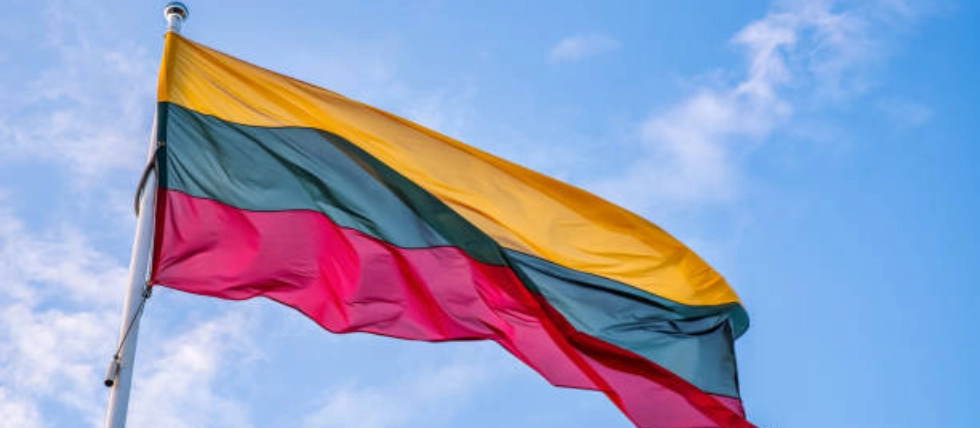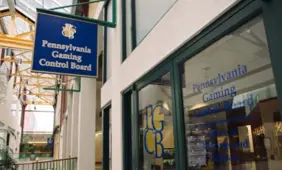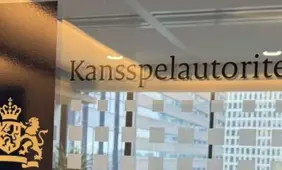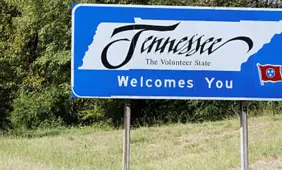New Multi-Agency Push Targets Unlicensed Gambling Sites in Lithuania
Lithuania has launched a coordinated push to crack down on illegal online gambling and related digital fraud.

On November 20, more than a dozen state bodies convened to address how unlicensed gambling sites and fraudulent web domains are being used to target Lithuanian residents. The session brought together the Gambling Supervision Service (GSS), the National Cybersecurity Centre, the Bank of Lithuania, the National Police Department, the State Tax Inspectorate, media regulators, consumer protection agencies and the fact-checking organisation Debunk.org.
The GSS outlined the scale of the problem: almost 2,000 gambling domains are currently on the national blacklist, and the regulator adds new entries nearly every week. Each listing, officials said, requires technical validation and a judicial order to compel internet service providers to block access. Banks and payment processors in Lithuania are also barred from handling transactions to blacklisted platforms.
“Operators are highly adaptive – they change domains, mirror sites and payment rails faster than legislation can follow”, said a GSS spokesperson. “Our strategy is to combine legal action, technical blocking and financial countermeasures so we can disrupt the ecosystem that enables illegal remote gambling.”
Participants acknowledged the practical limits of enforcement. Black market operators often operate across multiple jurisdictions and use domain-hopping techniques, anonymised hosting and third-party advertising to remain elusive. That has forced Lithuanian authorities to broaden the response beyond a single regulator, integrating law enforcement, financial oversight and cyber-defence capabilities.
Digital fraud was a major focus of the meeting. Officials cited European estimates that online fraud costs the region more than EUR 4 billion annually and highlighted internal data showing that over half of attempted frauds target users via Meta-owned social platforms. Delegates argued that automation, improved detection tools and updated legislation are required to keep pace with increasingly sophisticated scams.
“Social channels are the primary recruitment vectors for many schemes”, said an analyst from Debunk.org. “We need quicker takedown processes, stronger platform accountability and better public education to reduce exposure.”
The timing of the initiative comes amid wider changes to Lithuania’s gambling policy. The government has signalled a phased ban on gambling advertising, with full restrictions due to be implemented by 2028. During the transition period, operators must adhere to tighter marketing rules designed to reduce public exposure while allowing businesses time to adjust.
Related: Lithuania Launches Phased Ban on Gambling Ads
More Regulation
What This Means for Players and Operators
For consumers, the increased collaboration promises more visible protections: blocked access to flagged domains, closer monitoring of suspicious advertising, and stronger financial safeguards. However, authorities warned that blocking domains is not a silver bullet. Users can still be lured via social media ads, affiliate links and pushy marketing that redirects traffic to offshore sites.
For licensed operators, stricter marketing limits and enhanced enforcement may raise compliance costs but also reinforce market integrity. Banks and payment processors should expect continued scrutiny; the Bank of Lithuania and the State Tax Inspectorate signalled they will maintain pressure on payment flows that facilitate illegal gaming.
“Our objective is straightforward: reduce consumer harm and make illegal operators economically unviable”, said a senior representative from the National Cybersecurity Centre. “That requires sustained cooperation across regulators, platforms and the private sector, as well as legislative updates that reflect how online markets actually operate.”
The government’s multi-agency approach aligns Lithuania with wider European efforts to tighten online safety and consumer protection. As enforcement intensifies ahead of the advertising ban, regulators say they will publish further operational details and performance metrics to demonstrate results and refine their tactics against an adaptive and persistent black market.
RELATED TOPICS: Regulation
Most Read
Must Read
 Interviews
Interviews
Exclusive Interview: Levon Nikoghosyan Shares AffPapa Winning Formula for Successful iGaming Events
Dec 03, 2025 Interviews
Interviews






Review this New Post
Leave a Comment
User Comments
Comments for New Multi-Agency Push Targets Unlicensed Gambling Sites in Lithuania